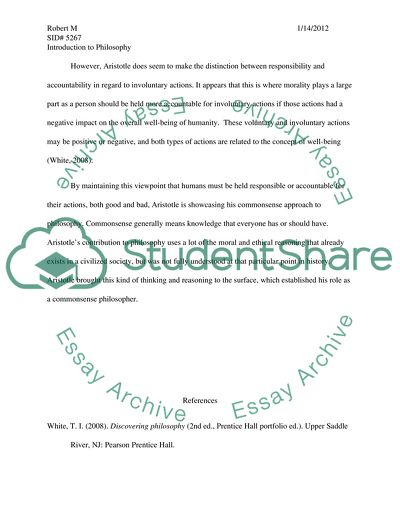INTRODUCTION TO PHILOSOPHY,unit 4, question #1, Essay. Retrieved from https://studentshare.org/philosophy/1587670-introduction-to-philosophyunit-4-question-1
INTRODUCTION TO PHILOSOPHY,unit 4, Question #1, Essay. https://studentshare.org/philosophy/1587670-introduction-to-philosophyunit-4-question-1.


